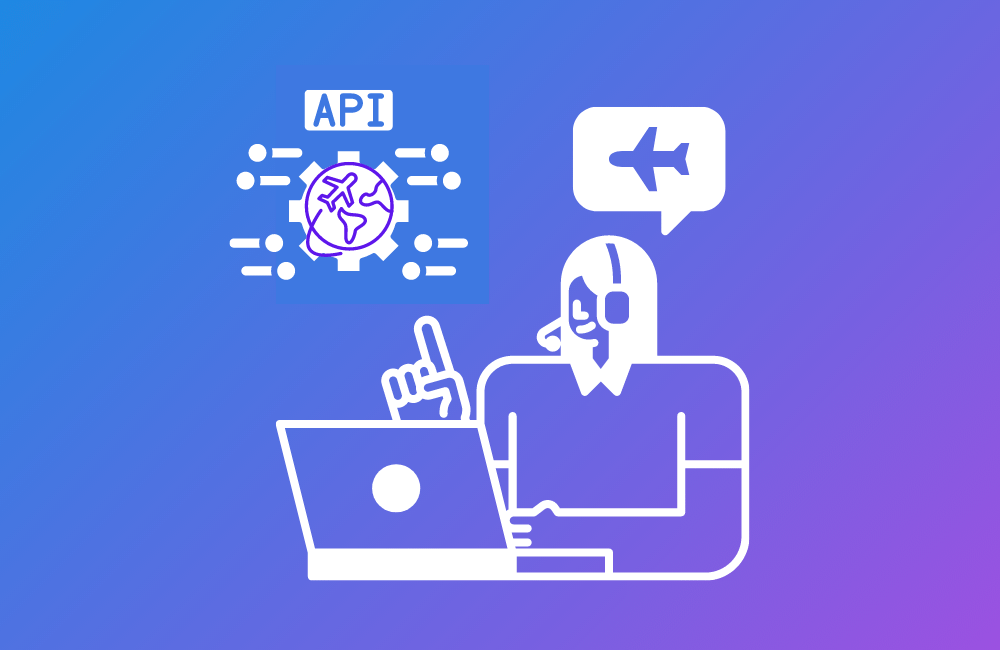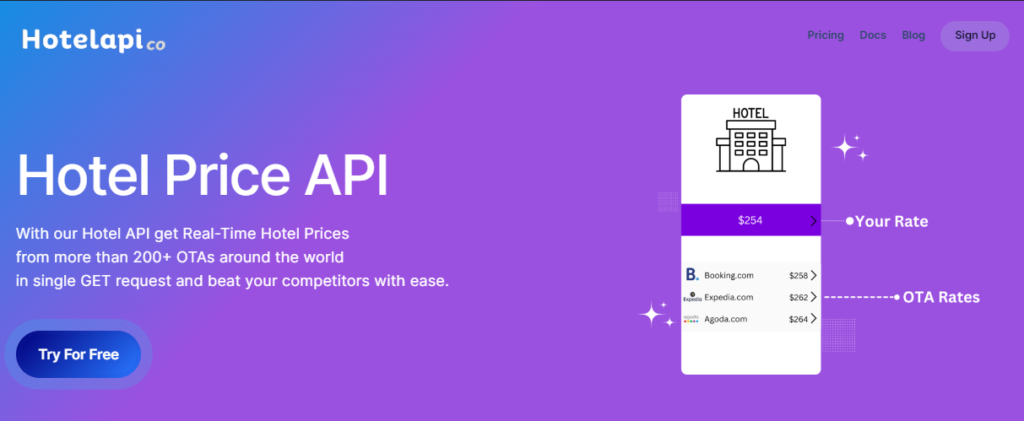
Competitive intelligence is all about doing research on your competitors and the market to make smart decisions for your business.
For hotel owners, it’s like having a compass to move forward in the constantly changing world of the travel industry.
Besides analyzing reviews and ratings, hotels delve into a plethora of data types, including pricing data, guest demographics, and even service feedback.
All this data serves a singular purpose: to shape their strategies and ensure they stand out in the crowd.
And, in order to thrive in the hotel industry, competitive intelligence is one of the most important weapons you need to use.
Let’s explore why you should invest in hotel competitive intelligence.
4 Benefits Of Utilizing Competitive Intelligence For Hotels
Advantage 1: Gauge Competitors’ Strengths and Weaknesses
Every hotel has its own unique charm and set of challenges. Tapping into online platforms, like review sites and social media, reveals a plethora of information. For instance, if there’s a recurring sentiment of guests lamenting the lackluster customer service of a competing hotel, it presents a golden opportunity. By ramping up your own hotel’s customer service training and protocols, you can strategically position your establishment as the go-to choice for guests prioritizing exceptional service.
Advantage 2: Unearth New Market Vistas
The dynamic nature of the hospitality sector constantly births novel trends and demands. With competitive intelligence, hoteliers can spot gaps competitors might be overlooking. Let’s say you discern a rising trend in travelers seeking sustainable travel experiences, but none of your main competitors are championing eco-friendly initiatives. This intelligence can be the catalyst for introducing eco-packages or green initiatives, potentially attracting a whole new segment of eco-conscious travelers.
Advantage 3: Always Stay Head
The pace at which marketing strategies evolve is breathtaking. But what if you had a crystal ball to anticipate competitors’ next moves? Competitive intelligence offers this foresight. If whispers hint at a competitor’s approaching marketing blitz. You can plan counter-initiatives or complementary campaigns to stay ahead of your competitors.
Advantage 4: Efficient Decision-Making
In the competitive world of hospitality, every decision can dramatically impact the bottom line. When these decisions are rooted in solid competitive intelligence, they are more likely to bear fruit. A simple example: by using competitive intelligence you can know on time if your competitors slashed down their pricing. And, arms with this knowledge you can offer your customers value-added services, such as complimentary spa treatments or dining credit with competitive pricing while securing a decent margin for you. This is how you can make guests perceive heightened value without compromising revenue.
Now that you have understood the benefits of Hotel Competitive Intelligence, you might be eager to find the right tools. Don’t worry, we’ve done the research and gathered them for you.
Tools Hoteliers Can Use For Competitive Intelligence
Here are a few tools for hoteliers to navigate the competitive hospitality landscape to gather and convert it into actionable strategies.
1. Hotel Price Comparison API
With an influx of travelers relying on online platforms to secure the best deals, understanding where your hotel stands in terms of pricing is paramount. You can use Hotelapi.co, a hotel price comparison API that aggregates data from all major online travel agencies to get a clear picture of the pricing landscape. This API helps you to offer competitive prices, without undercutting their value or overpricing and driving potential guests away

2. Review API
If TripAdvisor solely garners 16 new reviews every minute, imagine the sheer volume across all platforms! Reviews APIs can comb through this vast sea of feedback, segregating positive accolades from areas of improvement. It’s not just about understanding your guest’s feedback but drawing parallels with competitors, understanding where they excel, and identifying gaps in your own service.
3. Social Media Monitoring Tools
The dynamics between hotels and guests have dramatically shifted with the advent of social media. Tools like Hootsuite or Brandwatch allow hoteliers to keep a finger on the pulse of social chatter. By monitoring mentions, interactions, and hashtags, these platforms offer a window into guest perceptions and evolving trends.
4. Competitor Website Analysis Tools
Hoteliers can gain a wealth of knowledge from tools like SimilarWeb or SEMrush, which dissect competitor’s websites. From traffic sources, and key keywords, to user engagement metrics, these tools serve as a roadmap to refining one’s online presence and strategy.
5. Guest Feedback Platforms
Beyond reviews, direct feedback platforms like Revinate solicit guest opinions post-stay. They offer an avenue to understand the guest experience intimately which allows hotels to tweak their offerings for superior guest satisfaction.
Conclusion
In the cutthroat hotel industry, competitive intelligence is invaluable, offering hotels an edge by highlighting market trends and competitor strategies.
Conversely, those not harnessing competitive intelligence risk making uninformed decisions, missing emerging trends, and losing market ground.
